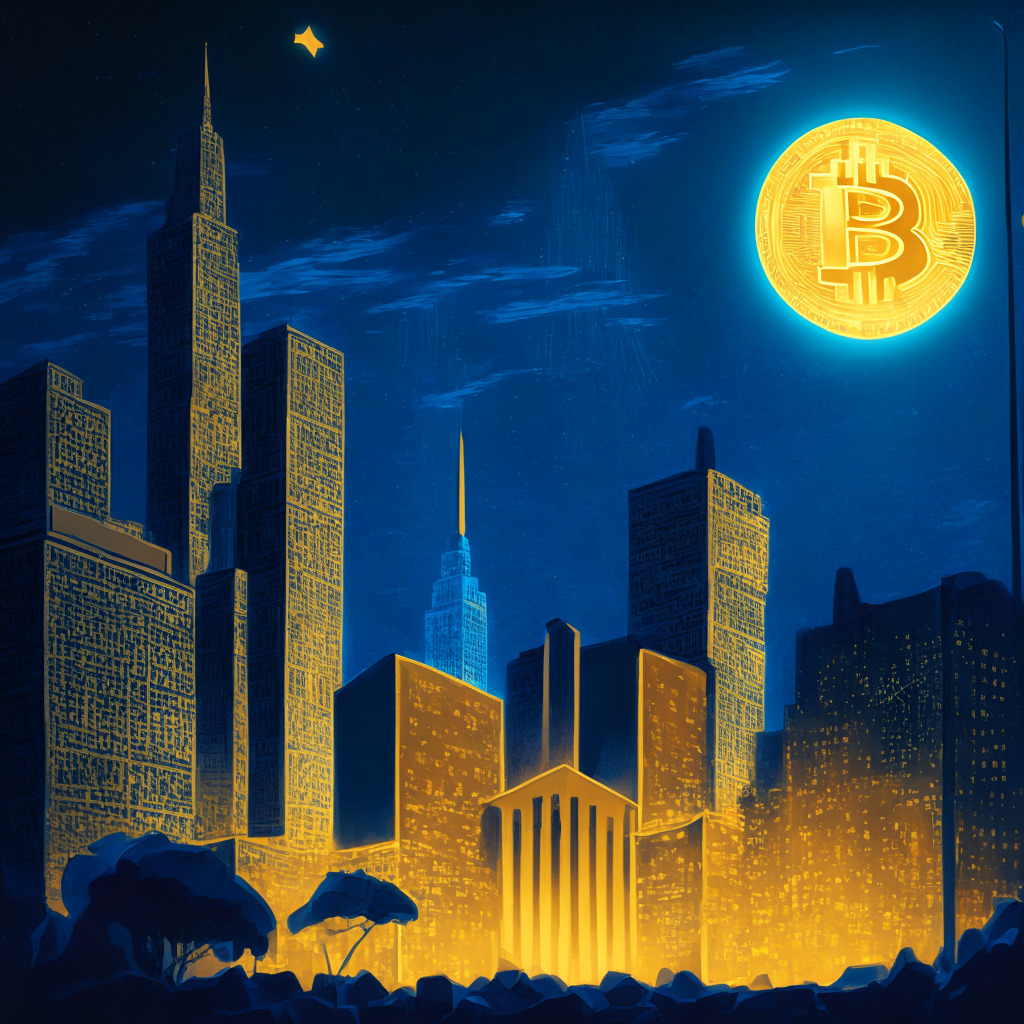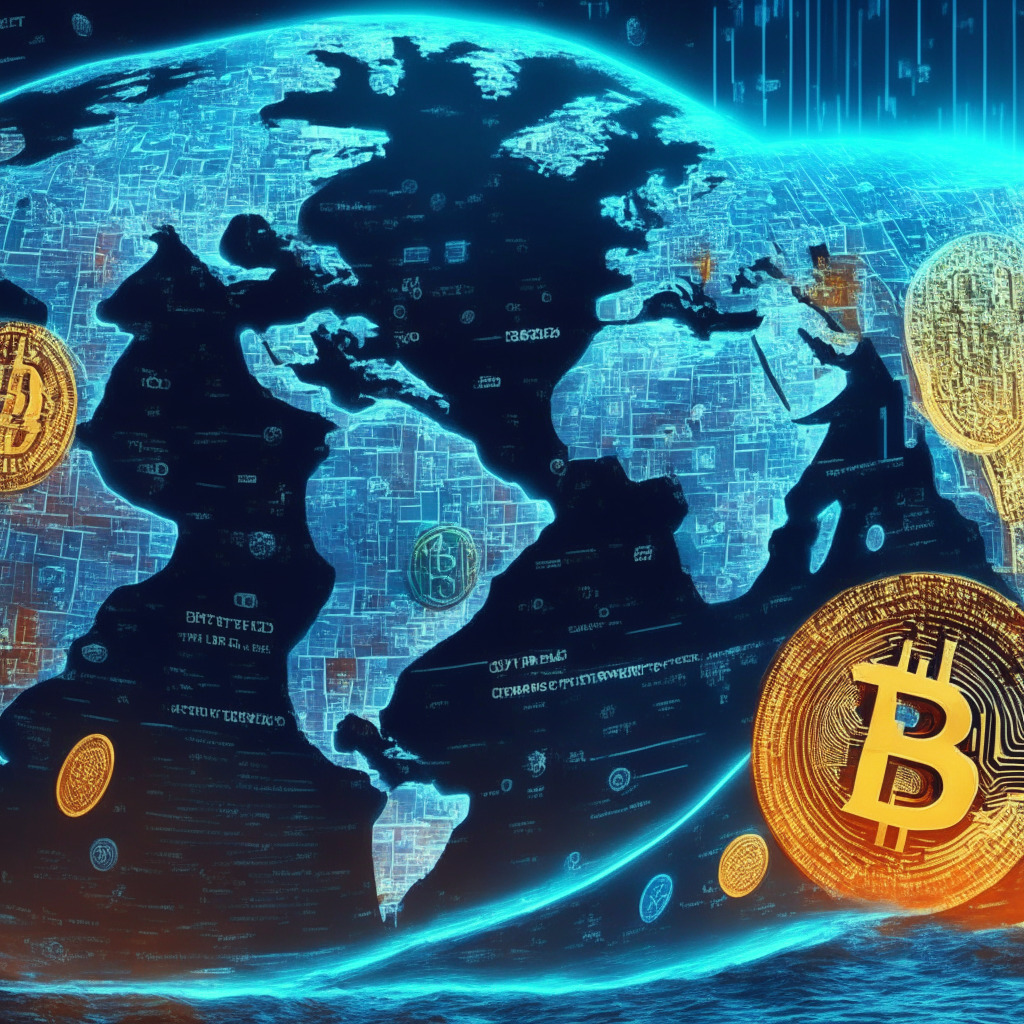Continuing its quest for global legitimacy, the crypto exchange platform known as Binance successfully received two operational licenses in El Salvador. Issued by the Central Bank of El Salvador (Banco Central de Reserva) and the Salvadoran National Commission of Digital Assets, these approvals represent an impressive addition to Binance’s licenses portfolio, now totalling 18 worldwide. While one accreditation enables Binance to serve as a Bitcoin Services Provider (BSP), the second non-provisional license recognizes the company as a Digital Assets Services Provider (DASP).
According to Daniel Acosta, General Manager for Colombia, Central America and Caribbean at Binance, obtaining these permits provides Binance with the autonomy to broaden its suite of offerings. This expansion includes provisions designed to meet the specific requirements of their rapidly growing Salvadoran clientele. Yet amid this expansion, a touch of skepticism is woven through the crypto community, highlighting the often uncertain relationship between technological adoption and the attainment of regulatory clarity.
The backdrop to this news is the enactment of a legislation by the Legislative Assembly of El Salvador in January. This law, geared towards the regulation of digital securities, established the groundwork for the introduction of bitcoin-backed bonds, cheekily titled “Volcano Bonds.” This forward-thinking move set the stage for Bitfinex to secure the first digital asset service provider license in the country last month.
The Salvadoran government’s openness to digital currencies positions it as an outlier on the global stage, inviting both admiration and scrutiny. However, this bilateral relationship between Binance and the Salvadoran government presents a juxtaposition. It stands as both an example of the required steps platforms must take to ensure their global legitimacy, and a stark reminder of the growing pains technological advancements can face when pitted against a complex regulatory landscape.
This movement by Binance serves to solidify its presence in El Salvador, an emerging powerhouse for digital transformation, where the government is actively encouraging the assimilation of cryptocurrencies into its financial ecosystem. Yet, as the world watches this digital trial, it is essential to remember that the aspiration for technological progress comes with intricate regulatory challenges that can often temper the speed and ease of adoption.
The news of Binance‘s dual license acquisition, while positive, casts a spotlight on the eternal push and pull between embracing technological innovation and the necessity for well-adjusted regulation. The outcome of this delicate balancing act remains to be seen. For now, the crypto world continues to tread carefully, navigating through a global regulatory maze while significantly shaping the future of finance.
Source: Coindesk




